The house
The Nummer tien – “Dorpswoning” (Flemish for a village house) – has all the necessary facilities to offer for you to have a carefree stay.
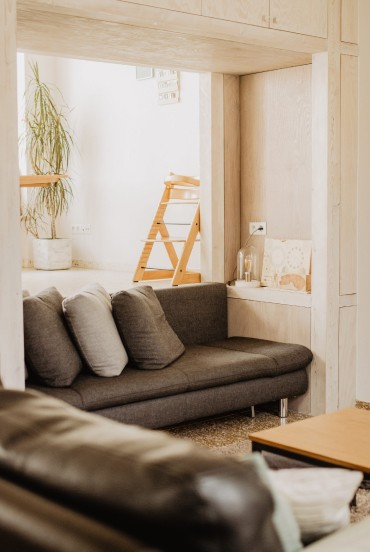
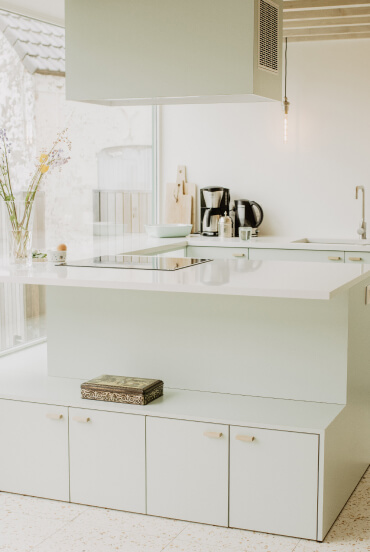

The bedrooms
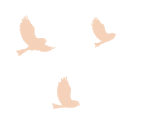
As with any country house the bedrooms, located on the first floor, all vary in shapes and sizes, but all have the same facilities, amenities and comfort you would expect.
Carefully blending the old with the new, our beautifully designed bedrooms offer all the comfort required after days filled with the regional experiences and discoveries.
Comfort

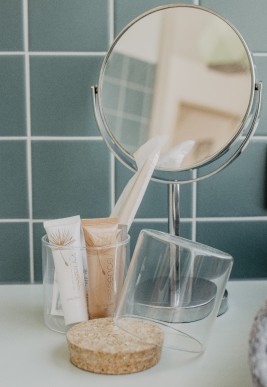
Spacious
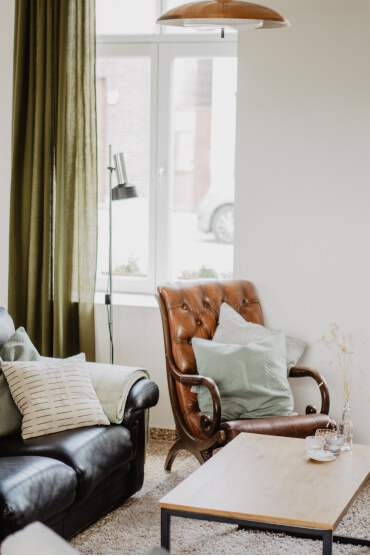
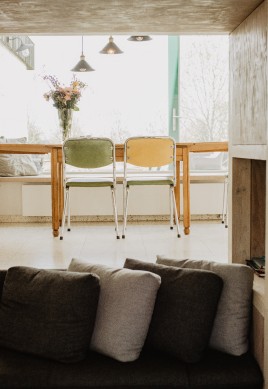
The living room
The ground floor host a spacious, yet cozy living area, where the warm light invites you to share the evening time, reading books, playing board games or watching tv.
The kitchen
The semi-open fully-equipped kitchen and the dining area overlook the rural landscape, providing plenty of daylight throughout the day, views of gorgeous sunsets in the evening and privacy at all times.

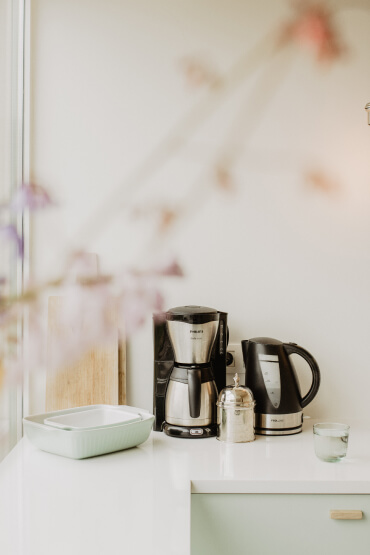

All inclusive, just enjoy
Child friendly with all the comforts of home
Authentic Dorpshuisje with stylish interior
3 Rooms - space up 8 people
*The house can accommodate up to 8 people in the 3 bedrooms with double beds and a couch sofa in the living area. A baby bed is also available.
The garden
A garden of more than 200m2 and a terrace overlooking the ‘polders’ is at your disposal. It offers plenty of opportunities for kids to play and for parents to enjoy a peaceful afternoon, while tasting a local beer.


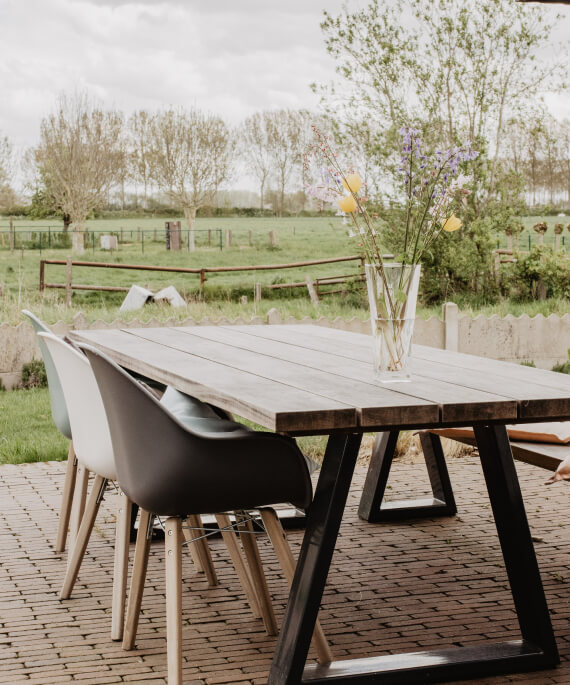
The perfect spot
It is a perfect spot for a barbeque experience as well. Whether you prefer your steak saignant or well done, there is no better location to savor the best Belgian beef, with local produce right at your doorstep.


The village
The village Waterland-Oudeman belongs to the Meetjesland region and is only 9 km² in size with a total of 458 inhabitants. Nonetheless, it has a long history!


The origin of the name
Before Waterland-Oudeman was founded in the 15th century, the area was already inhabited, but continuously threatened by floods due to its proximity to the sea. Back then the village was called: ‘Sint-Niclaes-ter-Varent’.
The modern name comes from 2 historic events. The name ‘Waterland’ was given by its founder Hieronymus Lauweryn and it refers to the time this land was part of the sea; it only became land through the embankment activities undertaken at his time. After his death in 1509, his son continued the diking activity and in the honour of his father he named the polder (the low-lying area of land enclosed by dikes) ‘Oudemanspolder’ (“Old man’s polder”).



Local activities
Most of the people who live in the village these days work in the area or in agriculture related activities.
When you travel around the area, you see the numerous modern farms, which are mostly occupied with either of the two types of activities, typical for the area: cattle (milk or meat cows) and cultivation activities (potatoes, sugar beets, wheat, onion and beans).
A well-kept secret
According to our grandfather, the village was once very well known for its (illegal) bars. As a border village to the Netherlands, it was popular amongst smugglers and the visitors from across the border, looking for a good time, were hosted in every other house.
These days it is quite hard to imagine this peaceful village used to be part of a popular party area.

